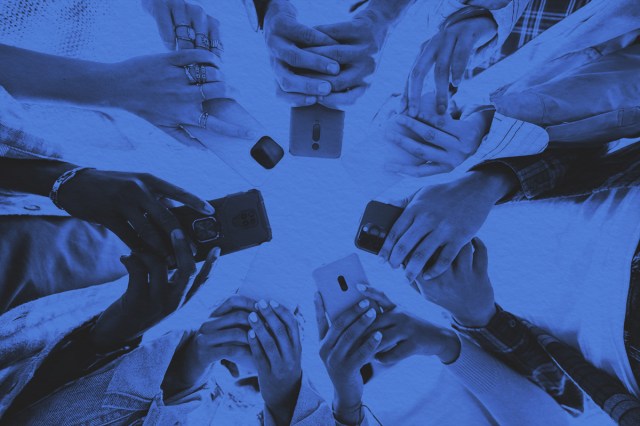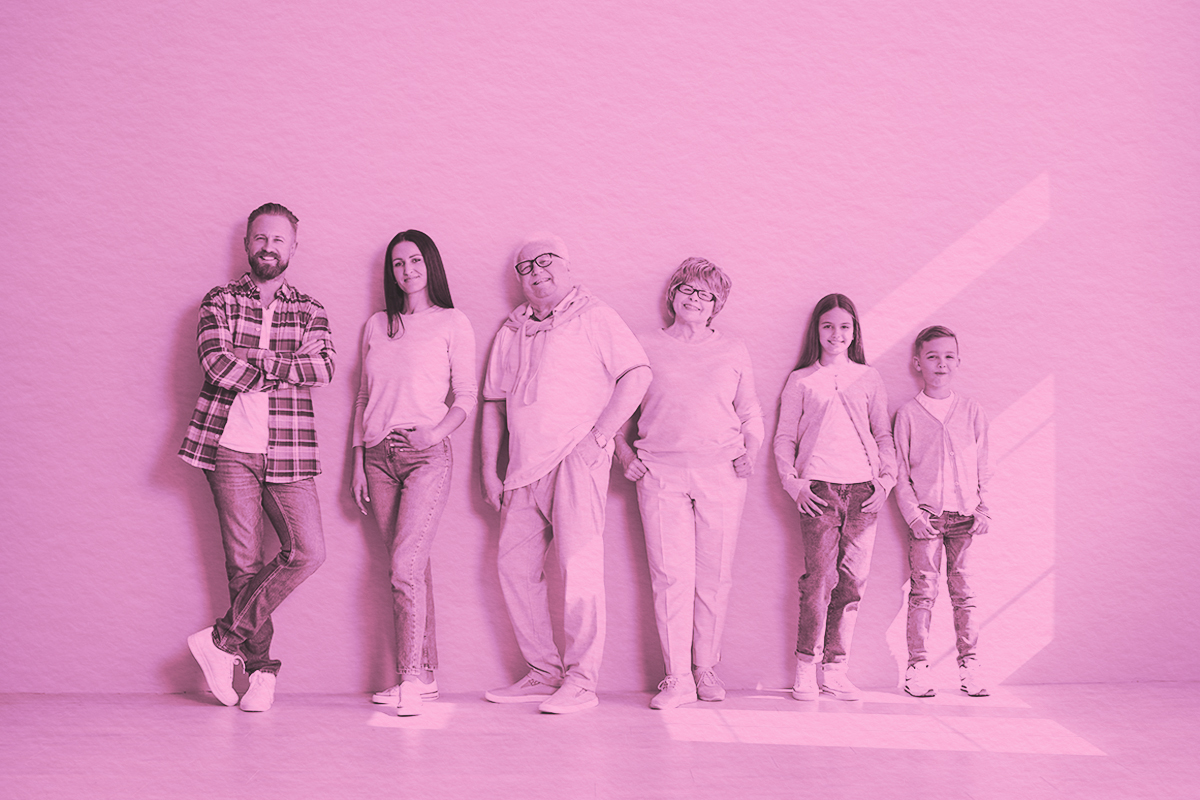
You might think the dictionary is a resource to improve your vocabulary with words such as “quixotic” and “ephemeral” — sophisticated words with impressive pedigrees. But these days, the reference is also home to “skibidi,” “delulu,” and “rizz.” The lexicon of Gen Z and even Gen Alpha, generations raised on iPads, memes, and TikToks, is now officially part of the English language.
In the recently released 12th edition of Merriam-Webster’s Collegiate Dictionary, there’s a collection of new internet slang, capturing how younger folks communicate both online and in everyday conversations. Cambridge Dictionary also added more than 6,000 words this year, including some of today’s most viral slang.
Now, we aren’t “delulu” — we know you probably won’t use these terms in your everyday life — but it’s nonetheless helpful to know them to keep up with how the younger generations are speaking today.
“Delulu” is a playful distortion of “delusional.” Specifically, this adjective means “believing things that are not real or true, usually because you choose to.” It mimics similar reduplications in English, such as “boo-boo” or “choo-choo.” Its popularity has skyrocketed over the last decade, and it has continued to gain ground this year, especially with its new Cambridge Dictionary entry.
How to use it: “I signed up for golf lessons, and I’m delulu enough to think I’ll be a pro by next summer.”
This harmful modern habit involves spending excessive time online scrolling through upsetting news or social media content that leaves you feeling sad, anxious, or angry. Doomscrolling might also be referred to as “doomsurfing,” though the latter term hasn’t earned itself a place in the dictionary (yet).
How to use it: “I was late to work this morning — I got caught up doomscrolling instead of getting ready.”
In contrast to today’s smartphones, a dumbphone is what we used before the age of the iPhone and its competitors. Think of a standard flip phone from the early 2000s. That’s a textbook “dumbphone.” No advanced software, internet access, or apps — just calling and texting. So why is the word relevant enough to be added to the dictionary now? As it turns out, many young people are buying dumbphones to escape digital overload and reconnect with the real world in a movement called “digital minimalism.”
How to use it: “I bought a dumbphone to reduce my screen time and encourage myself to try new hobbies.”
This noun-turned-verb for ordinary tasks required of a responsible grown-up has been around for more than a decade, but it finally earned its place in the pages of Merriam-Webster this year. It’s usually used with a playful or sarcastic tone to lighten the mood or express distress or annoyance. After all, being an adult is hard work.
How to use it: “I totally forgot to pay my quarterly taxes — adulting is hard.”
A clever portmanteau of “bro” (brother) and “oligarchy,” “broligarchy” is an informal noun for a small group of wealthy and powerful men involved in technology businesses who also exert political influence. According to the BBC, the term first gained popularity when used to describe tech moguls including Jeff Bezos and Mark Zuckerberg, who hold sway over politics.
How to use it: “The new startup is run by a broligarchy of college pals looking out only for themselves.”
This phenomenon refers to the mass “canceling” (shaming) of someone or something as a way of expressing disapproval, typically through social pressure. Cancel culture is especially prominent online and on social media. Since emerging around 2016, cancel culture has become a major topic regarding free speech and accountability.
How to use it: “Cancel culture has sparked debates about public shaming in the digital age.”
If something requires an emphatic “no,” it’s a “hard pass.” This noun phrase is a firm refusal or a rejection of something. It comes from the idea of passing on or refusing something, as in, “‘Would you like some coffee?’ ‘I’ll pass, thank you.'” This is a more intense version of that, with “hard” indicating a more assertive answer.
How to use it: “The forecast looks like it’s going to rain during the concert tonight. Hard pass.”
If you have rizz, you have “romantic appeal or charm.” This colloquialism is a shortening of “charisma” (“a special magnetic charm or appeal”). The term was added to Merriam-Webster this year, and in 2023, it was Oxford’s Word of the Year. It was popularized by an American content creator, Kai Cenet, in 2022, as he advised his viewers on how to have rizz.
How to use it: “Elvis didn’t just sing — he had rizz before the word even existed.”
“Skibidi” is so catchy to younger generations that frustrated teachers have banned it from classrooms. It’s an adjective that is essentially nonsense, but its Cambridge Dictionary entry defines it as “a word that can have different meanings, such as ‘cool’ or ‘bad,’ or can be used with no real meaning as a joke.” It’s derived from an obscure YouTube show about evil toilets (yes, you read that correctly).
How to use it: “What the skibidi is going on?”
A blend of “traditional” and “wife,” this term originated on TikTok and Instagram, where married women who are homemakers create content involving cooking, cleaning, raising children, and other stereotypical housewife activities. “Tradwife” can also refer to the genre of social media influencing that has gained significant traction over the last decade, as in “tradwife content.”
How to use it: “Check out this recipe for blueberry sourdough bread. It’s from a tradwife influencer on TikTok.”

















